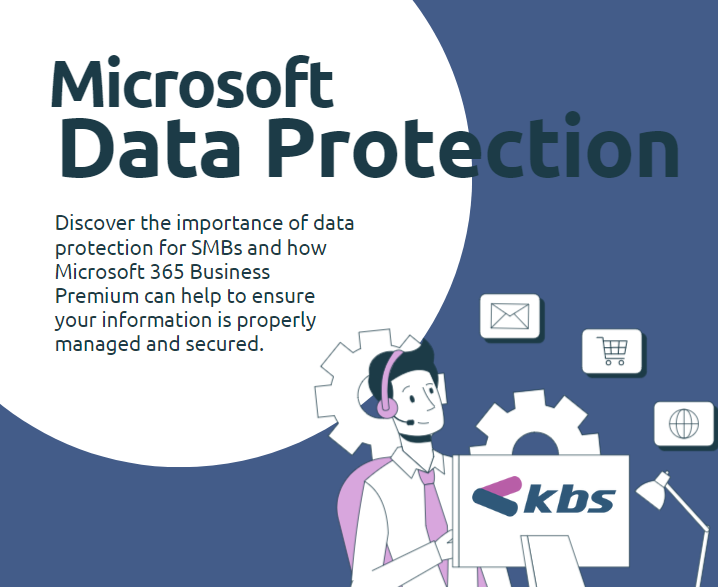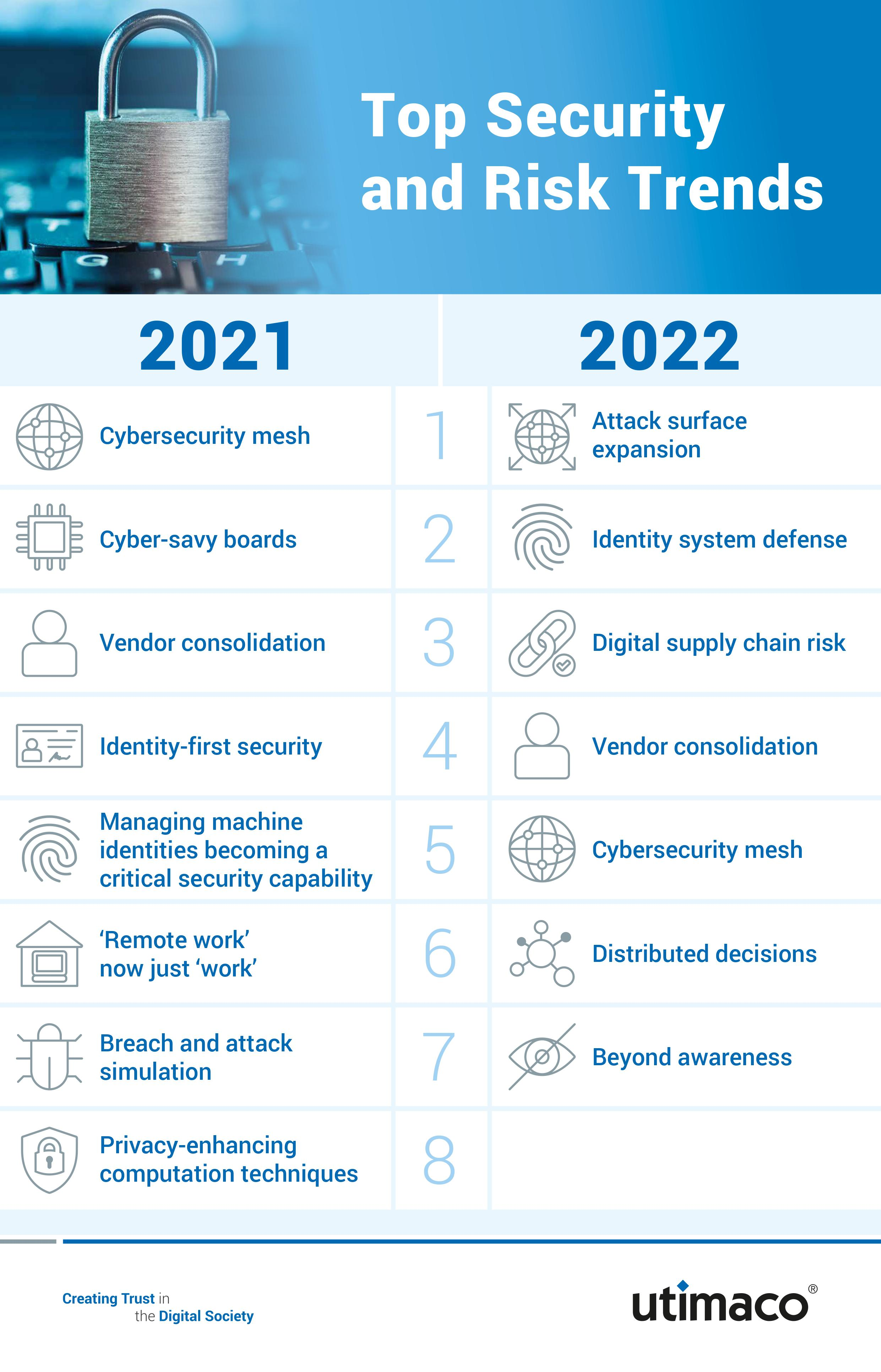Data protection for SMBs is an increasingly vital concern as small and medium-sized businesses face a growing number of threats to their sensitive information. In today’s digital landscape, disasters can strike in various forms, including cyber-attacks, natural disasters, and human error. Without proper safeguards, these challenges can lead to significant downtime, threatening business continuity and potentially resulting in substantial financial losses. Therefore, implementing effective data recovery strategies, such as cloud backup solutions and comprehensive disaster recovery plans, is crucial for these organizations. By investing in reliable data protection services, SMBs can ensure their operations remain resilient and sustainable, regardless of the circumstances.
Safeguarding sensitive information is critical for small and medium enterprises (SMEs), often referred to as SMBs. These organizations are not only challenged by resource constraints but must also navigate a landscape filled with potential data threats, such as breaches and natural calamities. Ensuring robust data security measures, including business continuity planning and cloud-based recovery solutions, can mitigate these risks effectively. To thrive in an era where data loss can cripple operations, SMEs must adopt proven data recovery strategies and partner with providers specializing in protective services. In doing so, they empower their organizations to withstand unforeseen events and maintain operational stability.
The Critical Importance of Data Protection for SMBs
Data protection is paramount for small and medium-sized businesses (SMBs), especially considering their heightened vulnerability to various internal and external threats. Without a dedicated data protection strategy, one minor disaster can lead to significant downtimes, crippling the business’s operations and leading to potential financial losses. SMBs often wrestle with budget constraints, making it imperative to invest in effective data protection services and strategies, especially when so many SMBs lack comprehensive business continuity planning. By prioritizing data protection, SMBs can safeguard their operational integrity even in the face of unexpected disruptions.
Another aspect to consider is the long-term implications of inadequate data protection for SMBs. The absence of robust data recovery strategies can severely damage not only a company’s operational capabilities but also its reputation in the market. Customers today expect reliability and prompt recovery in services. Therefore, focusing on data protection is not just about mitigating risks; it’s also about fostering customer trust and loyalty. Implementing modern cloud backup solutions can be a vital step for SMBs, allowing them to recover quickly, maintain business continuity, and position themselves as reliable competitors in their respective industries.
Understanding Disaster Recovery Strategies for SMBs
Disaster recovery strategies are essential frameworks that help organizations bounce back from unplanned disruptions. For SMBs, these strategies should be meticulously crafted and regularly updated. Traditional methods often fall short, as reliance on outdated solutions can lead to prolonged recovery periods. SMBs must therefore embrace innovative solutions, such as cloud backup and disaster recovery as a service (DRaaS). By leveraging these modern approaches, businesses can ensure faster recovery times and improved overall resilience against data loss.
Additionally, an effective disaster recovery strategy encompasses more than just technology; it requires a robust understanding of the associated processes and the personnel involved. This ‘disaster recovery triad’—technology, process, and people—must be fine-tuned to work in harmony. For SMBs to develop credible recovery strategies, regular testing, employee training, and clear communication protocols are vital. By approaching disaster recovery as a continuous improvement process, SMBs can significantly enhance their preparedness for unforeseen events.
Implementing Cloud Backup Solutions: A Game Changer
The shift towards cloud-based backup solutions marks a transformative change for SMBs looking to streamline their data protection efforts. Cloud technology minimizes the challenges related to physical storage, allowing for scalable, flexible solutions that can adapt to the evolving needs of the business. Furthermore, investments in cloud backup solutions have become more feasible due to decreasing costs and advancements in internet bandwidth, making it a practical approach for even the smallest enterprises.
Cloud backup solutions also offer SMBs a competitive edge by enabling quicker recovery times compared to traditional methods. In an age where customers demand instantaneous access to services, having a reliable cloud-based backup system ensures that businesses can restore operations with minimal downtime. This agility not only enhances customer satisfaction but also reinforces the business’s commitment to security and reliability, essential factors in today’s interconnected marketplace.
Key Considerations for Business Continuity Planning
Effective business continuity planning is essential for SMBs seeking to navigate the complexities of today’s business environment. A well-defined continuity plan outlines the steps and resources necessary to maintain critical operations during and after a disaster. Essential components include identifying mission-critical applications, understanding RTOs and RPOs, and ensuring that all team members are adequately trained in their roles during a recovery situation. This proactive approach helps businesses not only prepare for but also mitigate potential disruptions.
Moreover, SMBs should consider their specific vulnerabilities when crafting their business continuity plans. This could include factors such as geographic location, reliance on certain technologies, and the potential impacts of external disruptions such as supply chain issues or regulatory changes. Tailoring the continuity plan to address these nuances allows SMBs to adopt a more robust and responsive defense against the unpredictable landscape of modern business.
The Role of Data Recovery Services in Safeguarding SMBs
Data recovery services play a crucial role in maintaining the integrity and availability of business data, especially for SMBs. These services provide mechanisms to restore lost data due to various reasons such as system failures, cyberattacks, or human error. With the complexity of current IT environments, having access to expert recovery services can significantly reduce the recovery time, enabling SMBs to bounce back quicker and minimize losses.
Moreover, integrating comprehensive data recovery services into an overall data protection strategy empowers SMBs to focus on their core operations while confidently navigating potential crises. By partnering with service providers who understand the unique challenges faced by SMBs, businesses can implement effective, tailored recovery strategies that allow them to operate smoothly, even in the face of adversity.
Embracing Virtualization: A New Era of Data Protection
The introduction of virtualization technologies has revolutionized how SMBs manage their data protection strategies. Virtualization not only reduces hardware costs but also simplifies backup and recovery processes. By allowing SMBs to create multiple virtual instances of their servers, they can efficiently back up their data and streamline their recovery efforts. This transformation leads to improved disaster recovery outcomes, making it easier for businesses to restore operations after a data loss incident.
Furthermore, virtualization facilitates the implementation of Business Continuity Planning (BCP) initiatives, enabling SMBs to maintain operations even during extended downtimes. By utilizing virtual servers housed in the cloud, organizations can achieve reduced recovery time objectives (RTO) and ensure their data is always available when needed. As SMBs embrace virtualization, they are better equipped to counteract the challenges posed by data loss, enhancing their resilience in an increasingly digital world.
The Intersection of Budget and Data Protection Needs for SMBs
Balancing budget constraints with data protection needs presents a persistent challenge for many SMBs. Generally, these organizations operate with limited financial resources, making it difficult to invest in comprehensive data protection measures. However, understanding the cost of potential data loss can help SMBs prioritize their spending on effective backup solutions. Implementing cost-effective storage options, such as cloud-based services, can provide reasonable data protection without stretching budgets too thin.
Moreover, SMBs should assess their existing infrastructure and identify gaps that could lead to vulnerabilities. By conducting regular audits and engaging with data protection specialists, SMBs can make informed decisions about where to invest their budget for maximum impact. Fostering a culture that values data protection and ensures that the necessary resources are allocated appropriately is vital for maintaining operational continuity in the face of potential threats.
Training and Awareness: Essential Components of Data Protection
Training and awareness are critical components in fortifying an SMB’s data protection strategy. Employees often represent the first line of defense against data breaches or loss. Thus, fostering a culture of security through regular training can equip staff with the knowledge and skills needed to recognize potential threats, adhere to data protection policies, and respond effectively in emergencies.
Regularly scheduled training sessions can also keep employees up to date on emerging threats and the latest data protection practices. Beyond traditional training methods, engaging employees in tabletop exercises and real-time simulations can provide practical exposure, further reinforcing the importance of adherence to the company’s disaster recovery plans and protocols. By cultivating a knowledgeable workforce, SMBs can significantly enhance their capacity to manage data protection challenges effectively.
Continuous Evaluation and Improvement of Data Protection Strategies
Data protection strategies should never be static; they require continuous evaluation and improvement to adapt to changing landscapes and new threats. SMBs must routinely assess their data protection measures, evaluating what works and what does not. Engaging in post-incident reviews, for example, allows businesses to learn from challenges faced during a data loss event, leading to modifications in their strategies that enhance resilience.
Additionally, SMBs should remain vigilant about the evolution of technology that can bolster their data protection capabilities. As advancements in cloud services, data recovery technologies, and cybersecurity tactics continue to emerge, integrating these innovations can lead to more effective and efficient protection strategies. By committing to ongoing improvement, SMBs can fortify their defenses and be better prepared for the challenges that lie ahead.
Frequently Asked Questions
What are the essential data protection strategies for SMBs facing disasters?
Small and medium-sized businesses (SMBs) can establish essential data protection strategies by implementing comprehensive disaster recovery plans, utilizing cloud backup solutions, and ensuring robust business continuity planning. This includes identifying mission-critical applications, developing a thorough disaster recovery plan, and conducting regular testing to ensure effectiveness.
How can cloud backup solutions improve data protection for SMBs?
Cloud backup solutions enhance data protection for SMBs by offering scalable, cost-effective ways to secure data off-site. They reduce the need for physical storage infrastructure and provide automated backups, which streamline the recovery process in the event of data loss or disaster, thus improving business continuity.
What role does business continuity planning play in data protection for SMBs?
Business continuity planning is vital for SMBs as it prepares them to maintain operations during and after a disaster. This includes having strategies in place for data recovery, understanding recovery time objectives (RTO), and ensuring all personnel are trained to handle data protection challenges.
What are the key components of disaster recovery for SMBs?
The key components of disaster recovery for SMBs include identifying critical data and applications, employing reliable data recovery strategies, ensuring the implementation of disaster recovery services, and integrating cloud-based solutions for flexible and efficient recovery options.
Why is understanding recovery time objectives (RTO) important for SMBs’ data protection efforts?
Understanding recovery time objectives (RTO) is crucial for SMBs as it defines the maximum acceptable downtime for critical applications following a disaster. This awareness helps them structure their data protection strategies and select appropriate disaster recovery services to minimize operational disruptions.
How can SMBs assess their data protection needs effectively?
SMBs can assess their data protection needs by evaluating their current data recovery strategies, identifying potential risks, analyzing the effectiveness of existing backup solutions, and consulting with data protection specialists to implement tailored strategies that align with their operations.
What challenges do SMBs face in data protection and recovery compared to larger enterprises?
SMBs often face challenges like limited IT budgets, lack of specialized personnel, and underdeveloped infrastructures, which hinder their ability to deploy comprehensive data protection solutions compared to larger enterprises that have more resources at their disposal.
What is the disaster recovery ‘triad’ and its significance for SMBs?
The disaster recovery ‘triad’ consists of technology, process, and personnel. For SMBs, understanding this triad is significant as it helps ensure that they have the right tools and strategies in place, alongside trained staff, to execute an effective data recovery plan rapidly during a disaster.
How can SMBs effectively implement cloud-based disaster recovery services?
SMBs can effectively implement cloud-based disaster recovery services by choosing the right model (such as BaaS, RaaS, or DRaaS), ensuring proper integration with their existing systems, and consistently testing their recovery plans to adapt to evolving threats and requirements.
What are the benefits of utilizing data protection services for SMBs?
Utilizing data protection services allows SMBs to enhance their data security, ensure rapid recovery from data loss events, and benefit from expert support without the need for extensive in-house IT resources, fundamentally improving their overall resilience against disasters.
| Key Point | Description |
|---|---|
| Vulnerability to Disasters | Organizations face various threats (e.g., weather events, human error) that risk data loss and business continuity. |
| Impact on SMBs | SMBs are particularly vulnerable due to limited resources which can prolong recovery times post-disaster. |
| Common Pain Points | Gaps in IT budgets, lack of skills, and complex environments hinder effective data recovery. |
| Emerging Trends | Adoption of cloud solutions for cost efficiency and simplicity in disaster recovery is on the rise. |
| Cloud Solutions Advantages | Cloud-based solutions offer affordable disaster recovery options with lower overhead and quicker recovery times. |
| Disaster Recovery Triad | Integrating technology, processes, and personnel is critical for effective disaster recovery. |
| Essential Components | Understanding mission-critical applications, service levels, and risks is crucial for a solid data protection strategy. |
Summary
Data protection for SMBs is essential in today’s digital landscape, as organizations face numerous threats that can jeopardize their continuity. Small and medium-sized businesses, due to their limited resources, must prioritize effective data protection and disaster recovery strategies. By leveraging cloud-based solutions and understanding their unique challenges, SMBs can enhance their data security, reduce recovery times, and level the playing field against larger competitors. Investing in a comprehensive data protection plan now can mitigate future risks, ensuring that businesses remain resilient in the face of unforeseen disasters.



